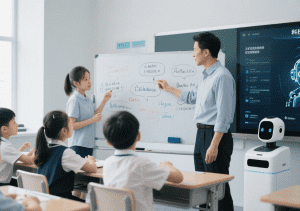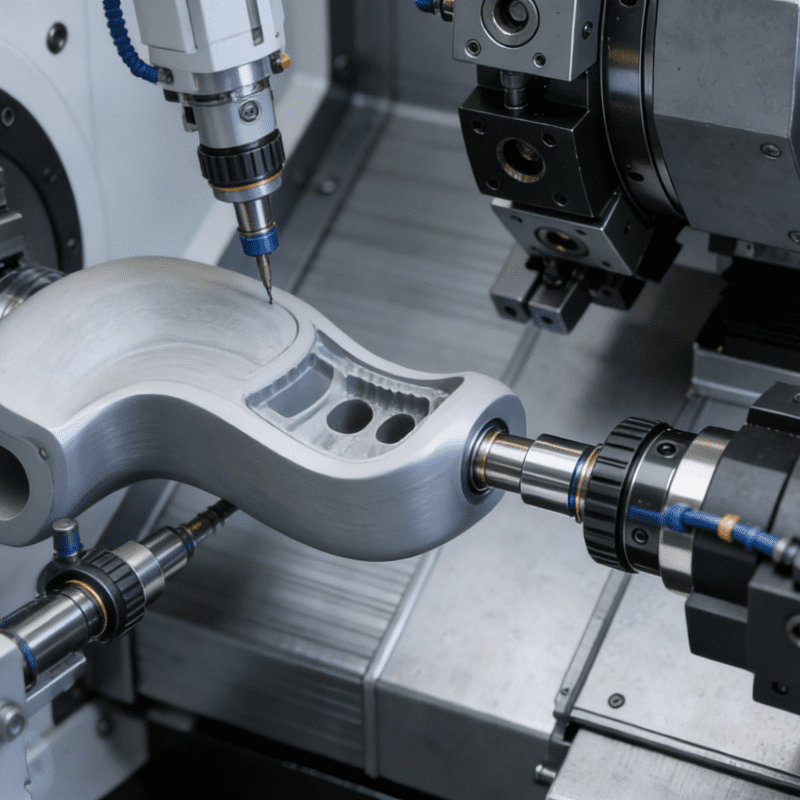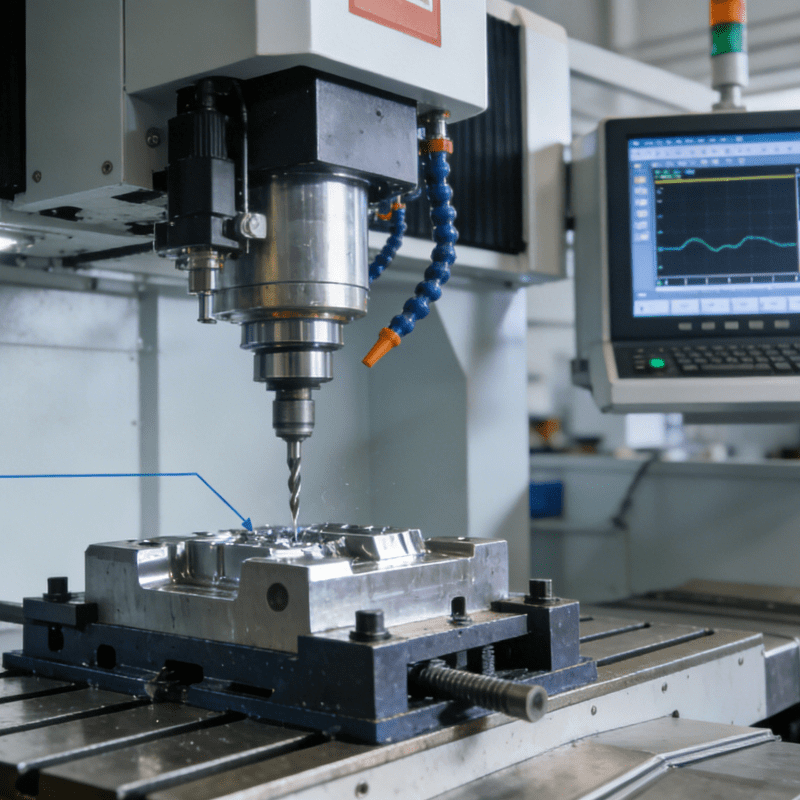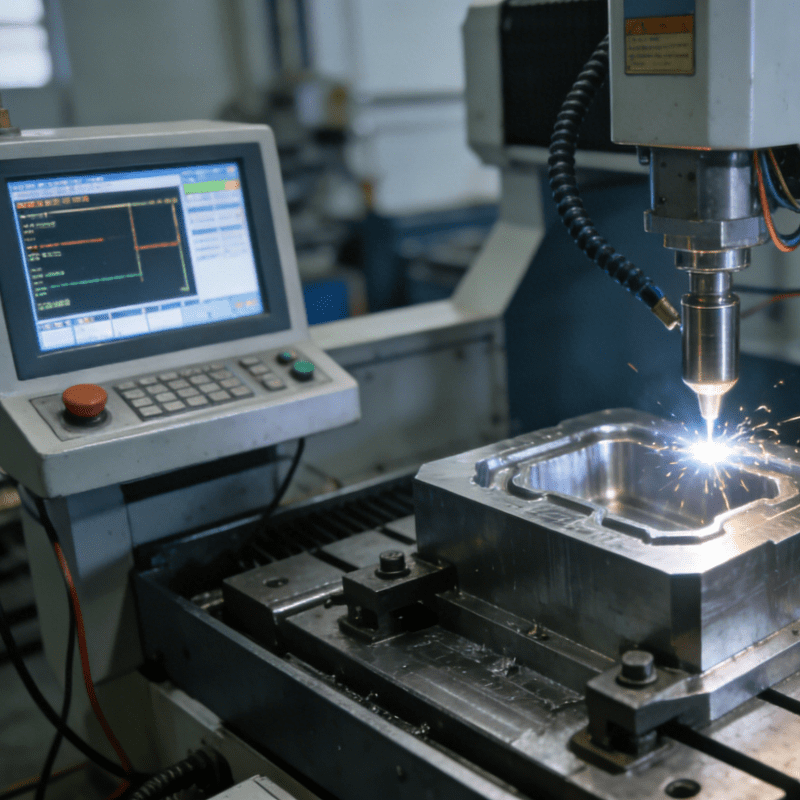Artificial Intelligence: A Threat to Intellectual and Creative Faculties in the Age of Intelligent Automation?

The rise of intelligent automation, once celebrated for revolutionizing industrial automation and streamlining automation equipment in factories, now stirs deeper existential debates. Beyond manufacturing floors, AI’s intrusion into creative and intellectual domains raises a provocative question: Is this technology silently eroding the “human spark” that defines art, philosophy, and innovation? As machines master tasks once reserved for human ingenuity—from composing symphonies to drafting novels—the fear lingers: Are we witnessing the “murder of intellectual and creative faculties,” as some critics warn?
Defining the Clash: Human Chaos vs. Machine Order
At the heart of the debate lies a fundamental divide. Intelligent automation thrives on algorithms that replicate patterns, optimize efficiency, and eliminate unpredictability—hallmarks of industrial automation adapted to creative spaces. For example, AI-driven tools can generate vast amounts of content, from marketing copy to musical scores, by analyzing existing datasets and mimicking proven styles. This mirrors how automation equipment in factories reduces variability to ensure consistent output.
But human creativity, as French philosopher Jean-Paul Sartre argued, emerges from “nothingness”—the ability to invent meaning beyond preexisting frameworks. A poet’s metaphor or a painter’s brushstroke stems not from algorithmic replication but from lived experience, emotion, and the courage to defy convention. As robotics professor Thomas Dennard notes, AI’s prowess in “replicating creativity” might replace artists and writers, but it lacks the “chaos, difference, and surprise” that define human innovation.
The Philosophical Critique: AI as Dominator, Not Servant
Herbert Marcuse’s warning that technology becomes “an instrument of domination” gains urgency here. When intelligent automation penetrates education, philosophy, and the arts, it risks homogenizing thought. Digital ethics researcher Laura Heinz highlights a chilling trend: AI’s bias toward standardized solutions could erode intellectual diversity, the very fuel of creativity. Just as industrial automation once prioritized efficiency over artisanal craftsmanship, AI might reduce creative expression to market-driven algorithms, favoring predictable genres or clichéd narratives over bold experimentation.
Yet, not all see doom. Supporters argue that AI could augment human creativity, much like how automation equipment enhanced, rather than replaced, human labor in manufacturing. For instance, AI tools can generate draft scripts or musical motifs, freeing creators to focus on refining unique visions. The key, as Marshall McLuhan suggested, lies in treating AI as a “medium”—a tool to amplify human intent, not a master to dictate it.
Conclusion: Safeguarding the Unprogrammable Soul
The fear of AI “murdering” creativity stems not from its capabilities but from our choices in deploying it. Intelligent automation and industrial automation share a common truth: Technology’s impact reflects human values. If we allow AI to become the sole arbiter of creative output—prioritizing speed and scalability over depth—we risk losing the messy, beautiful uniqueness of human thought.
But resistance is possible. By embracing AI as a collaborator 而非 a replacement, we can preserve what makes us human. Just as automation equipment revolutionized factories without eradicating human oversight, AI can enhance creative processes while leaving room for the unpredictable: the poet’s sudden insight, the philosopher’s radical question, the artist’s defiant brushstroke.
In the end, the debate is not about AI’s power but our commitment to nurturing the unprogrammable. As we navigate this digital age, let us remember: The soul of creativity lies not in the code but in the courage to think, feel, and create beyond it. To paraphrase Sartre, humans alone can breathe life into the void—and that, that must remain our exclusive legacy.



















